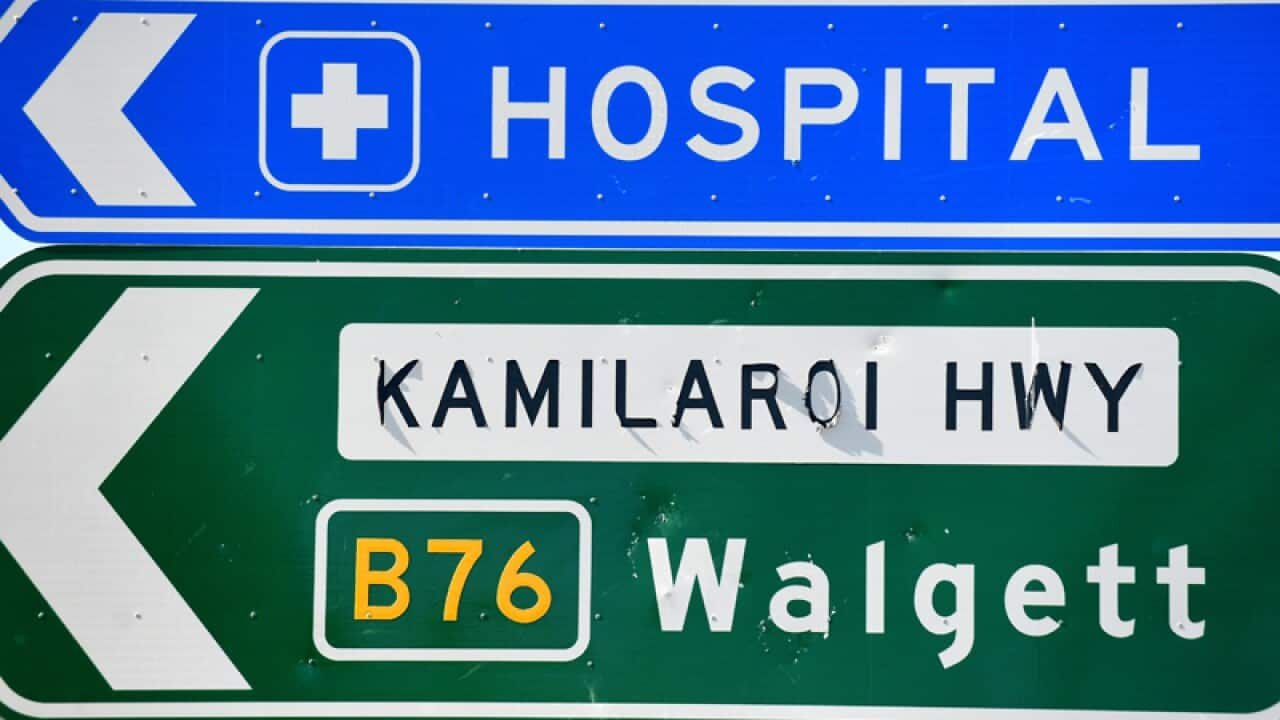Lifeline, a mental health helpline, says the number of calls from people with migrant backgrounds is increasing.
"We've got an increasing number of people calling us from migrant community backgrounds," Pete Shmigel, Lifeline CEO told SBS.
"We know this because they ask for translator services which we offer to everybody when we take our calls, and migration and settlement can be decidedly lonely experiences."
Four out of five people believe loneliness in society is on the rise, a new Lifeline survey of more than 3000 people found.
Sixty per cent of people often felt lonely while more than 80 per cent felt society, in general, were becoming more lonely.
The Community Migrant Resource Centre told SBS feelings of isolation might be exacerbated if people felt they were not welcome in Australia.
"A real or perceived sense of persecution, sometimes it could be media driven, or conversations they're hearing on the train or it could be media driven, that there is a feeling - are they really welcome?" Priscella Mabor of the Community Migrant Resource Centre, said.
Lifeline operator, Connie, said she took many calls from people who feel lonely, even though they may be surrounded by people.
"They have jobs, friends family. But they still feel isolated."
Despite being more connected than ever, through the Internet and social media, the survey found people had mixed feelings about whether that led to real connection.
About 30 per cent of people said social media made them feel more lonely, but most were neutral or undecided.
About 70 per cent of the 3100 survey respondents said they had never contacted the charity or a similar crisis service before.
Readers seeking support and information about suicide prevention can contact Lifeline on 13 11 14




